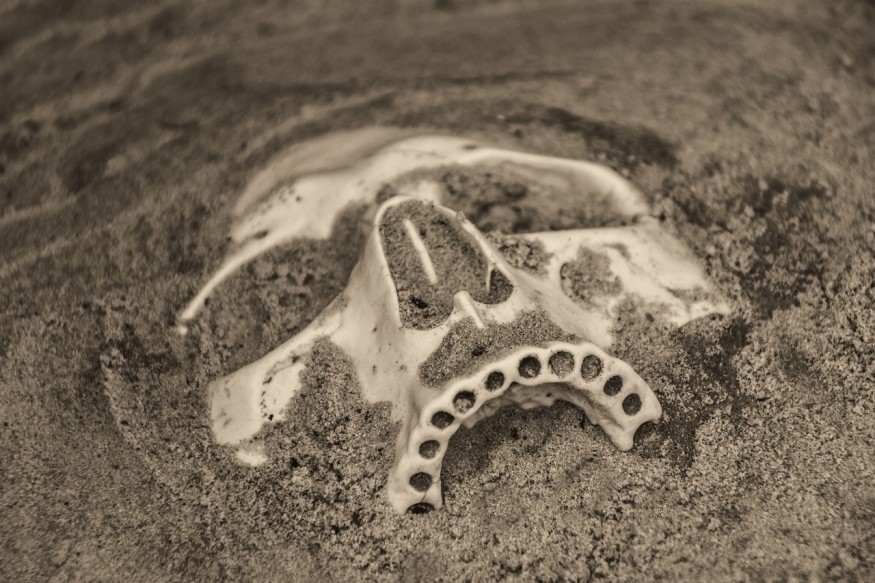The human population has reached an overwhelming increase over the past several decades. Currently, the world population stands at 8 billion people, according to the United Nations, and this figure is expected to increase in the coming months and years.
What is seemingly a global dominance of human presence now was once on the brink of extinction when the ancient human population was almost wiped out due to a severe ancestral bottleneck, scientists found in a new study.
Scientists from the new research theorized that the population of our human ancestors decreased by 90% almost 1 million years ago.
While it is evident that such decline eventually bounced back until the appearance of Homo sapiens first appeared approximately between 350,000 and 260,000 years ago, the findings that there are environmental factors and even anthropogenic elements that could lead to a population or genetic bottleneck.
Global Human Population

According to the United Nations, the global human population as of November 2022 reached 8 million people from approximately 2.5 billion in 1950, adding 1 billion people since the year 2010 and 2 billion since 1998. Statistically, the current figure is three times larger than it was by the middle of the 20th century. In a national level, the future population growth could vary per country.
At this rate, the world's population is expected to spike by almost 2 billion in the next three decades, from the current 8 billion to 9.7 billion in 2050, increasing as high as 10.4 billion in the middle of the 2080s, the UN projected.
The population growth is reportedly driven by higher survival rate, urbanization, migration, and other factors related to modern civilization, including healthcare. In particular, the advancement of medicine, including treatment and vaccines, for previously uncurable disease has allowed prolonged human lifespan.
Severe Ancestral Bottleneck
While global human population seems to have increased dramatically as of the early 21st century, ancient humans once struggled to populate long before H. sapiens walked the Earth.
In the said study published in the journal Science on August 31, an international team of researchers, including from China, Italy, and the United States, discovered that ancient humans experienced a severe ancestral bottleneck that resulted in a decrease from 100,000 to 1,000 individuals approximately between 800,000 and 900,000 years ago.
The findings show a decrease by 90% in the ancient human population that persisted for about 100,000 years during the early to the middle Pleistocene transition. The said discovery was made possible by developing a coalescent model to predict ancient human population sizes from over 3,000 present-day human genomes.
What is a Human Bottleneck?
Human bottleneck, generally called population bottleneck or genetic bottleneck, is the significant decrease in population size.
In a 2004 study cited by the National Institutes of Health, researchers acknowledged that there has been evidence of genetic bottlenecks in the past, affecting multiple biological systems that range from mammals to viruses.
© 2026 NatureWorldNews.com All rights reserved. Do not reproduce without permission.





